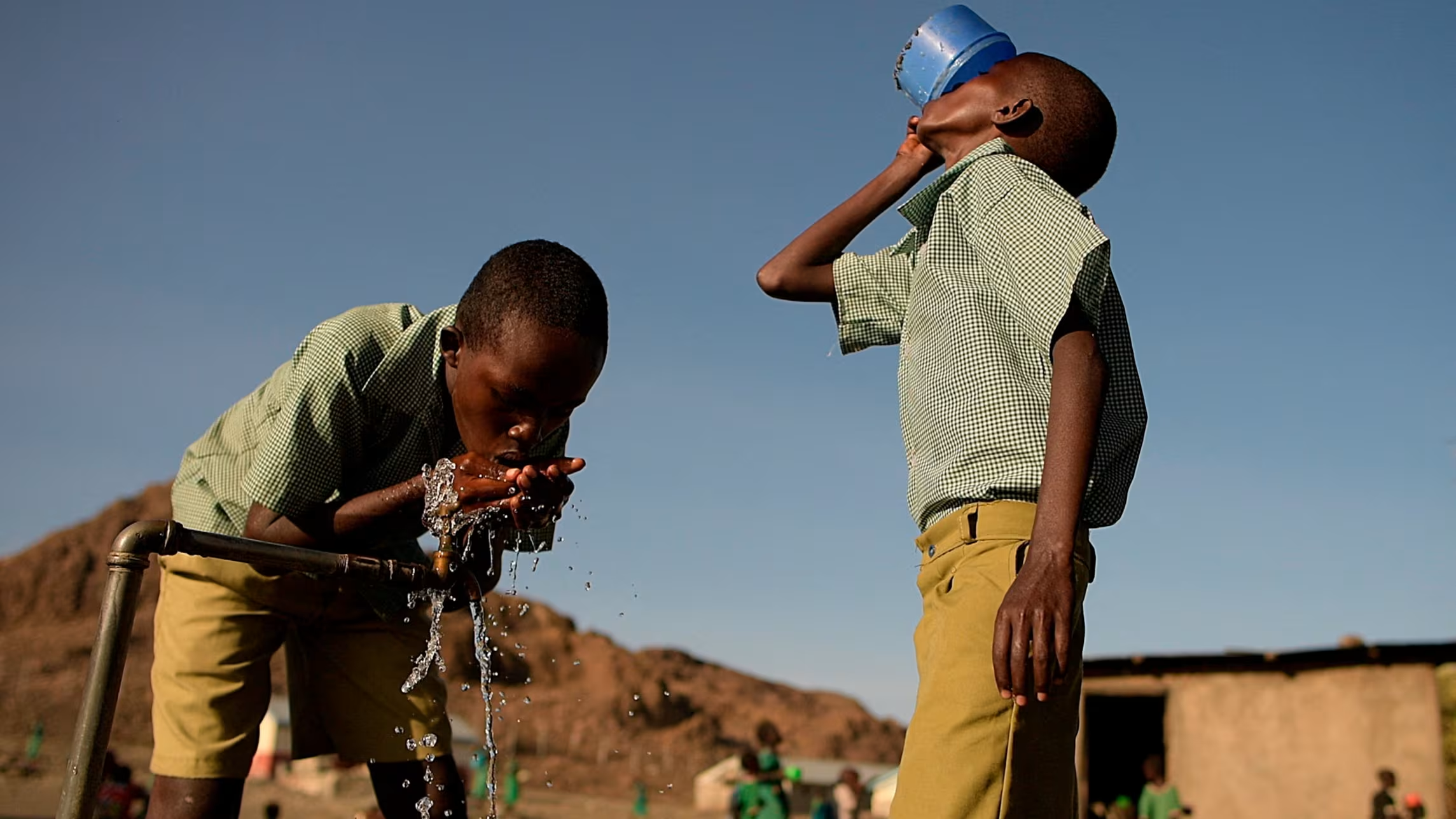
A report by Force for Good shows a widening financing gap and a regression on 30% of the SDGs
The world is not on track to meet the UN’s sustainable development goals and the funding gap to turn paper pledges into action is widening, says a report from non-profit Force for Good.
Published as New York Climate Week kicks off, the report calls for urgent action to unlock progress and overcome the growing annual SDG funding gap, which stands at $14tn–$17tn. The total gap has reached $112tn–$136tn, an increase of 10 per cent on earlier estimated costs.
The report attributes these rising costs to the growing challenge of the global climate transition, increasing development needs in the global south, and an absence of innovation.
Only 16 per cent of the SDG’s 169 underlying targets are on track to be met by 2030 — 30 per cent of them have even regressed below their 2015 levels when the goals were kicked off, the report finds.
It highlights significant gaps, in particular, around ending hunger, achieving food security “and improved nutrition, and promoting sustainable agriculture”, (SDG 2); making cities “inclusive, safe, resilient and sustainable” (SDG 11); and protecting oceans and seas, ecosystems and forests, and halting biodiversity loss (SDGs 14 and 15).
The report blames the “polycrisis” — the effects of the Covid-19 pandemic, the wars in Ukraine and Gaza, and the cost of living and climate crises — for diverting attention and resources away from sustainable development.
Yet, while enough money cannot be found for the poorest or for nature, global wealth stands at a record $653tn, underlines the report.
Innovation and sustainability standards
Despite this gloomy prognosis, the report sets out nine “big ideas”, which, it claims, could be scaled up to boost progress towards the 2030 targets.
Among the ideas are climate transition frameworks including policy and fiscal initiatives aimed at driving national climate neutrality and the energy transition, while, at the same time, fostering innovation, economic growth, a circular economy and promoting biodiversity.
The report also recommends universal internet connectivity to enable scalable, efficient and innovative solutions that use artificial intelligence to leapfrog current models of tech-enabled solutions.
Innovation is evoked throughout the report as vital, in various ways, for the success of the SDGs.
Included in the “big ideas”, there is also a call for “innovative capital market financing tools” to be applied to major issues and “innovative technologies”, deployed at scale, to transform access to essentials such as food, water and medicine.
The placing of a fair price on externalities to drive sustainable valuations, markets and behaviours is also singled out as a necessary change.
The report suggests this could happen through global adoption of enhanced sustainability accounting and reporting standards based on pricing for externalities.
These would “galvanise private sector contributions to the SDGs, closing the global gap by 5.6 per cent and, over time, make a radical change to how we use planetary resources”, says the report.
“Too many sustainability standards remain focused on companies reporting their actions and activities, generating a high administrative burden but too little information of value,” Force for Good head of research Christian Hansmeyer tells Sustainable Views.
“To be effective, standards need to focus on companies quantifying their positive and negative impacts, setting the stage for the pricing of [and accounting for] externalities, and aligning corporate and market behaviour with sustainability.”
Partner With Us
The Institute for Sustainability Africa (INŚAF) is an independent multi-disciplinary think tank and research institute founded in Zimbabwe in 2010 with the Vision to advance sustainability initiatives for Africa.




